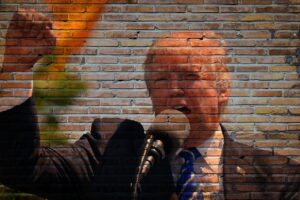Survey: Filipinos Call for Stronger Measures Against Corruption

Pixabay
Eighty-four percent of Filipinos believe that the government should take stronger measures against corruption, a recent survey conducted by Pulse Asia said.
However, the study also revealed a concerning trend, with 47 percent of the population admitting that they have become desensitized to the issue of corruption.
Pulse Asia revealed the survey on Friday. Think tank Stratbase ADR Institute commissioned the survey.
Pulse Asia Research president Ronald Holmes highlighted the significant majority in favor of enhancing anti-corruption institutions.
The agreement was exceptionally high among the ABC class and remained consistent among types D and E.
Holmes emphasized that virtually no one disagreed with the idea of strengthening agencies, laws, and mechanisms to fight corruption.
The poll was conducted nationwide from June 19 to 23.
Effects of Corruption
Respondents identified the most impactful effects of corruption on their lives such as:
- 67 percent mentioned a loss of trust in government services and public officials.
- 47 percent expressed concerns about the normalization of corrupt practices.
- 44 percent cited inefficient service delivery.
- 42 percent reported experiences of abuse and intimidation by government members.
- 40 percent were worried about fewer public funds being allocated to address social issues.
- 31 percent believed that corruption leads to a less competitive business environment.
- 12 percent pointed to substandard infrastructure resulting from corruption.
- 10 percent reported personal financial losses due to bribery.
Holmes found the sentiment of desensitization towards corruption particularly disturbing.
Corruption is Pervasive
It could erode democratic principles in the country if the people believe corruption is pervasive while feeling helpless about it, he said.
One common recommendation in the past has been the establishment of a single, well-resourced anti-corruption agency with fiscal autonomy, insulated from partisanship and political interference.
Previous administrations, however, did not heed this recommendation.
Holmes expressed hope that the current administration would take it seriously and implement such an agency to address the issue effectively.








